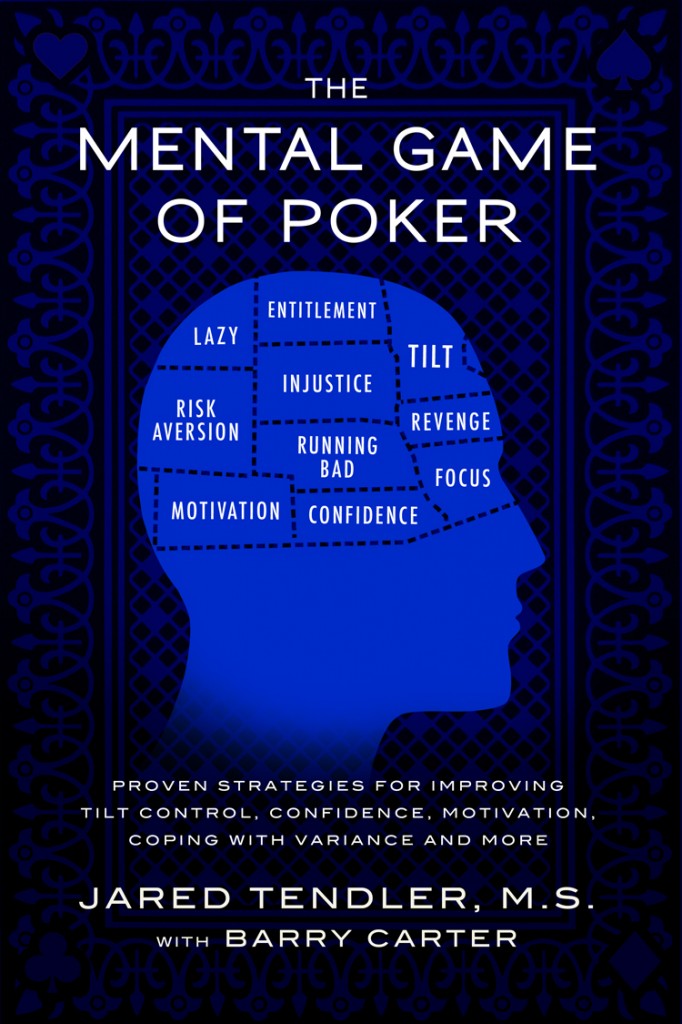
Some tips on how to use and what to expect from this book.
- This book provides an overview of the four key areas of psychological play: bridge, Fear, motivation and confidence. There are other important things such as concentration, discipline, decision-making and playing at the highest level. But by first improving these areas, you will also improve other aspects of the game. The reverse would not work.
- There is a common link between the different important aspects of the game. For example, motivation can be influenced by Bridge; trust can be influenced by fear; bridge can lead to trust issues, etc. Remember, you are fishai in psychology, so don't make bad assumptions about the causes of your problems. Start with what you know and use this book to find out what the real problems are.
- You may realise that you need to work hard on your psychology in poker. But you can't do everything at once, and it's important to prioritise. There are many ways to decide where to start first. Here are some of them:
- Take on small problems first, because they are the easiest to solve.
- Tackle the problems that cost the most.
- Solve the problems that happen most often.
- Deal with the problems that cause the most emotional turmoil.
- It's a "choose your favourite adventure" style book. This means that after you have read chapters 2,3,4, you can only read and go deeper into the chapters that are most relevant to you. I note that chapters may be very relevant even though they may not seem so to you. Don't skip these chapters too quickly.
- Don't expect to understand everything from start to finish when you read this book. The improvement process is more like chopping down a tree with an axe than cutting it with a power saw. As you gradually and systematically improve at different points in the psychological game, always keep this book handy. Mastery in any game is a moving target, so there will always be something to improve on the psychological level.
- The book contains many questions for you. Take time to think about them and answer them as if they were directly asked. This will make all the information you read more personal to you. You will also avoid the misconception that you have all the problems described in the book. Ideally, you should put these answers in writing.
- In the rush to get to grips with the psychology of the game as quickly as possible, it is easy to overload yourself with too much information. As in poker, too much information is more of a hindrance than a help. Reading a book or chapters in sequence can make you think it will take you so long to sort out your problems, when in fact it is the quickest way in the long run.
- Do what works. People are different, so it's hard to know what you need most. Start with the strategies in each chapter. Then develop your own strategy by adapting what works best for you.
- Don't blindly believe everything written in a book. Even if something seems to be right for you, still take the time to think about how different things can work for you. This will help you to assimilate information faster and personalise different strategies.
- Once you've applied the different techniques and tactics in poker, you can think about how you can apply them to other areas of your life: sport, business, investing, dating, relationships. As you apply what you learn to your life, you will also improve your psychological game in poker. This is especially true when you face the same problem in poker and in life in general.
This series of articles is based on Jered Tendler's book on the psychology of poker, The Mental Game of Poker. If you would like to purchase the original, which is available in English, you can do so at amazon.com





